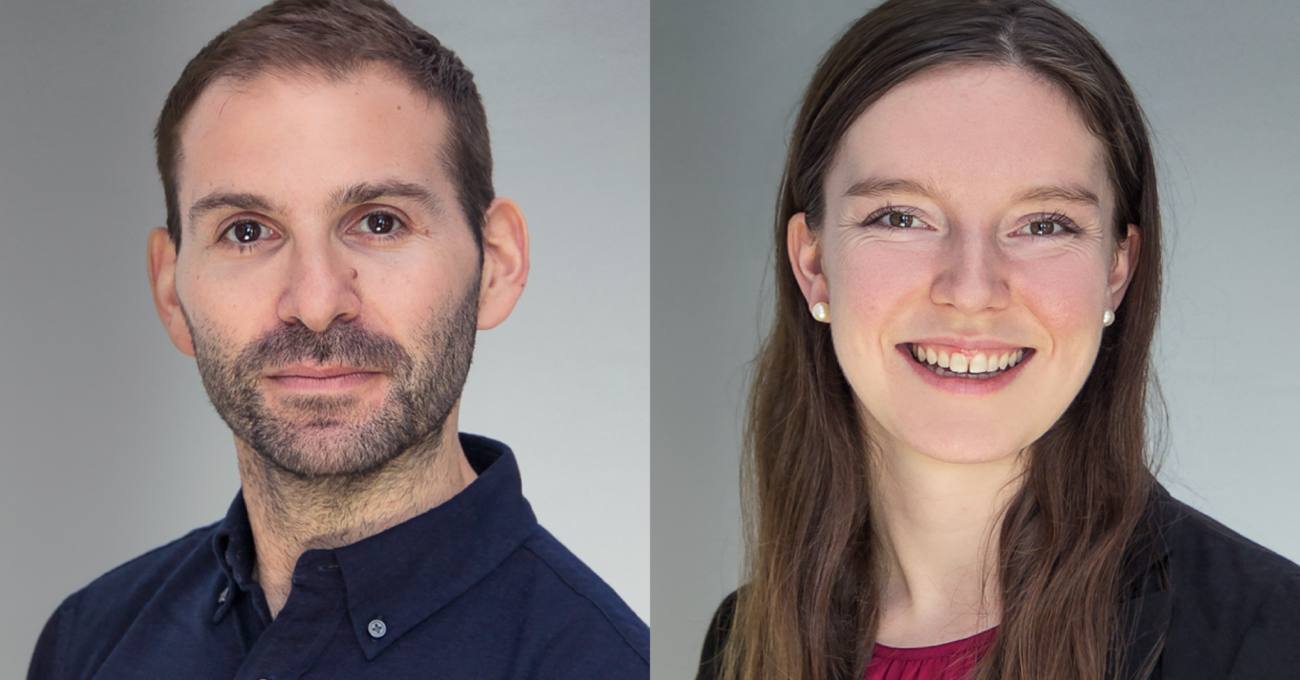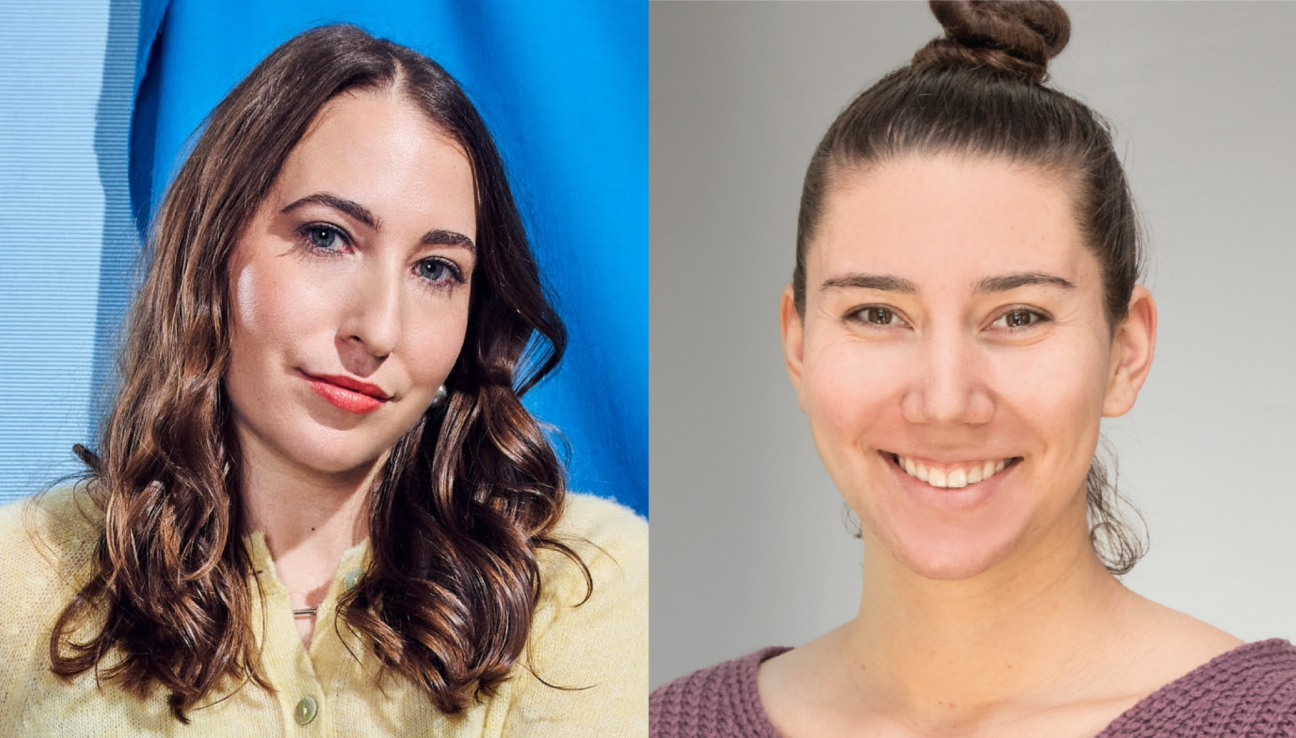
In this episode, we’ll help you bridge the gap between the technical side of GA4 and the high-level goals that matter to your organization’s decision-makers. With a few key tips, you’ll be able to show your boss and board members that investing in analytics is not only worthwhile, but actually critical for long-term success.




